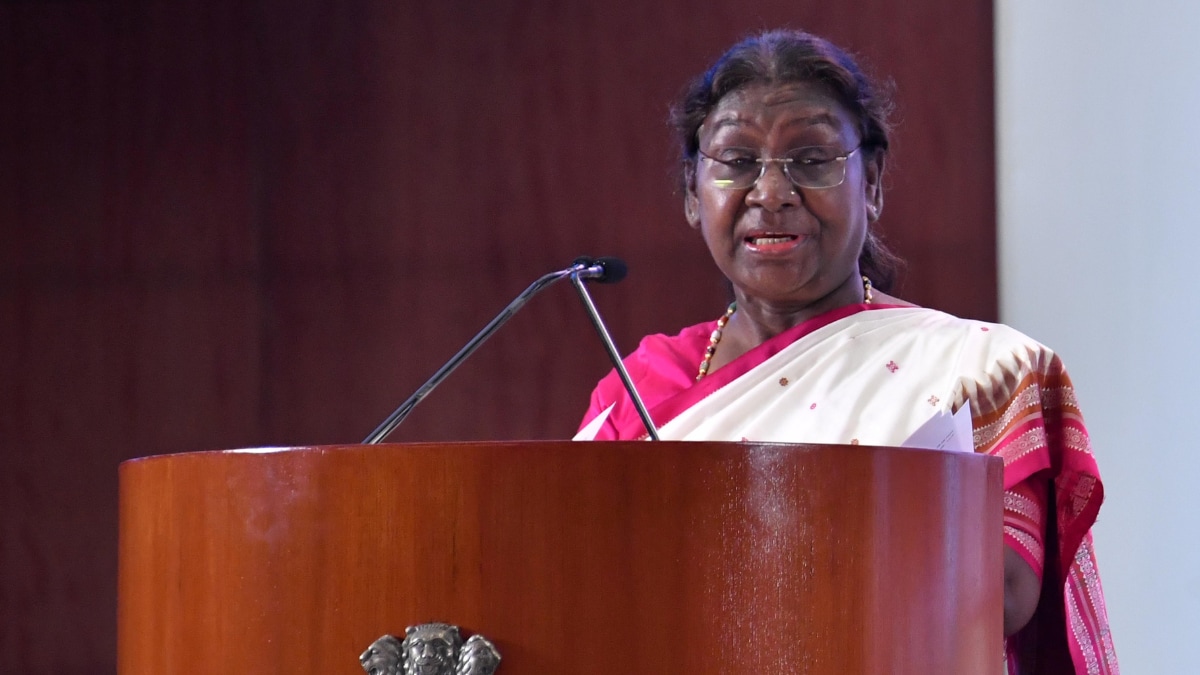President Droupadi Murmu recently expressed concern about the inadequate support for women survivors of targeted crimes and the delays in judicial proceedings for heinous crimes like rape. This critical issue highlights a systemic problem within the Indian justice system, where victims, especially women, face a multitude of challenges in seeking justice.
Lack of Support for Women Survivors
President Murmu’s statement underscores the lack of support provided to women who have been victims of violence. She rightly points out that women survivors often face societal pressure and lack of support, making it incredibly difficult for them to seek justice. This systemic lack of support can contribute to the reluctance of women to come forward and report crimes, further perpetuating the cycle of violence. The reluctance to come forward can also stem from the fear of stigma, societal judgment, and even retaliation.
Need for Comprehensive Support Systems
There is a need to create a comprehensive system of support for women survivors, including:
- Specialized counselling and mental health services: The trauma associated with sexual violence can have a profound and lasting impact on a victim’s mental and emotional well-being. Providing access to skilled counselors, therapists, and mental health professionals can be vital to their healing process.
- Financial and legal aid: Navigating the legal system can be challenging and expensive. Offering financial assistance for legal fees, medical expenses, and other associated costs can ensure that victims are not financially burdened by their ordeal.
- Safe housing and protection: Women fleeing violence often need secure and safe accommodation. Providing access to shelters and other safe housing options can create a sense of security and empower them to start rebuilding their lives.
- Advocacy and support groups: Establishing support groups and networks for survivors can create a sense of community and offer peer-to-peer support. Sharing their experiences can also empower survivors and provide them with a sense of belonging and understanding.
Delays in Court Decisions: A Growing Problem
The President’s concern over the delays in judicial proceedings, particularly in cases of sexual violence, underscores a significant challenge in the Indian justice system. These delays can be incredibly demoralizing and contribute to feelings of injustice and frustration for survivors. Furthermore, it creates a culture of impunity for perpetrators.
Impact of Delays on Justice and Victims
The delays in cases can have far-reaching consequences for victims and the administration of justice:
- Increased trauma: The protracted nature of the legal process can exacerbate the trauma and mental anguish experienced by victims. It can prolong the sense of fear, insecurity, and powerlessness.
- Lack of closure: Delays often prevent victims from achieving closure and moving forward with their lives. The uncertainty and lingering anxiety can hinder their recovery and rehabilitation.
- Erosion of public trust: Delays can erode public confidence in the justice system and its ability to effectively deliver justice. It can also create a sense of despair and cynicism among the public.
Addressing the Issue: A Multi-pronged Approach
Addressing the issues highlighted by the President requires a multi-pronged approach involving all stakeholders, including the judiciary, law enforcement agencies, government, and civil society organizations:
- Strengthening the legal framework: Reviewing and strengthening laws pertaining to sexual violence is critical. This includes establishing more stringent penalties for perpetrators and creating specialized courts dedicated to handling cases of sexual violence.
- Capacity building and training: Ensuring that judges, prosecutors, and law enforcement officials are well-trained and equipped to handle cases of sexual violence is essential. Training can address the sensitivities involved and equip them to work effectively with victims.
- Streamlining judicial processes: The judiciary needs to address the issue of pendency and backlog by introducing efficient procedures for handling cases and allocating sufficient resources. The use of technology and digitization can be instrumental in speeding up the process.
- Promoting public awareness and sensitization: Educating society about gender equality, preventing violence against women, and the rights of victims is crucial. This can include public awareness campaigns, workshops, and community engagement programs.
- Building trust and collaboration: Collaboration among various stakeholders is vital to address the issue holistically. Government agencies, NGOs, and community organizations need to work together to provide comprehensive support and ensure the rights of victims.
Takeaway Points:
President Murmu’s remarks provide a crucial reminder of the vulnerabilities faced by women survivors of violence and the critical need for reform within the justice system. Addressing these issues demands a concerted effort from all stakeholders, involving legislative changes, judicial reform, enhanced law enforcement, and a shift in societal attitudes. It’s a collective responsibility to ensure that victims of crime are not further marginalized and receive the support they need to heal and find justice.









